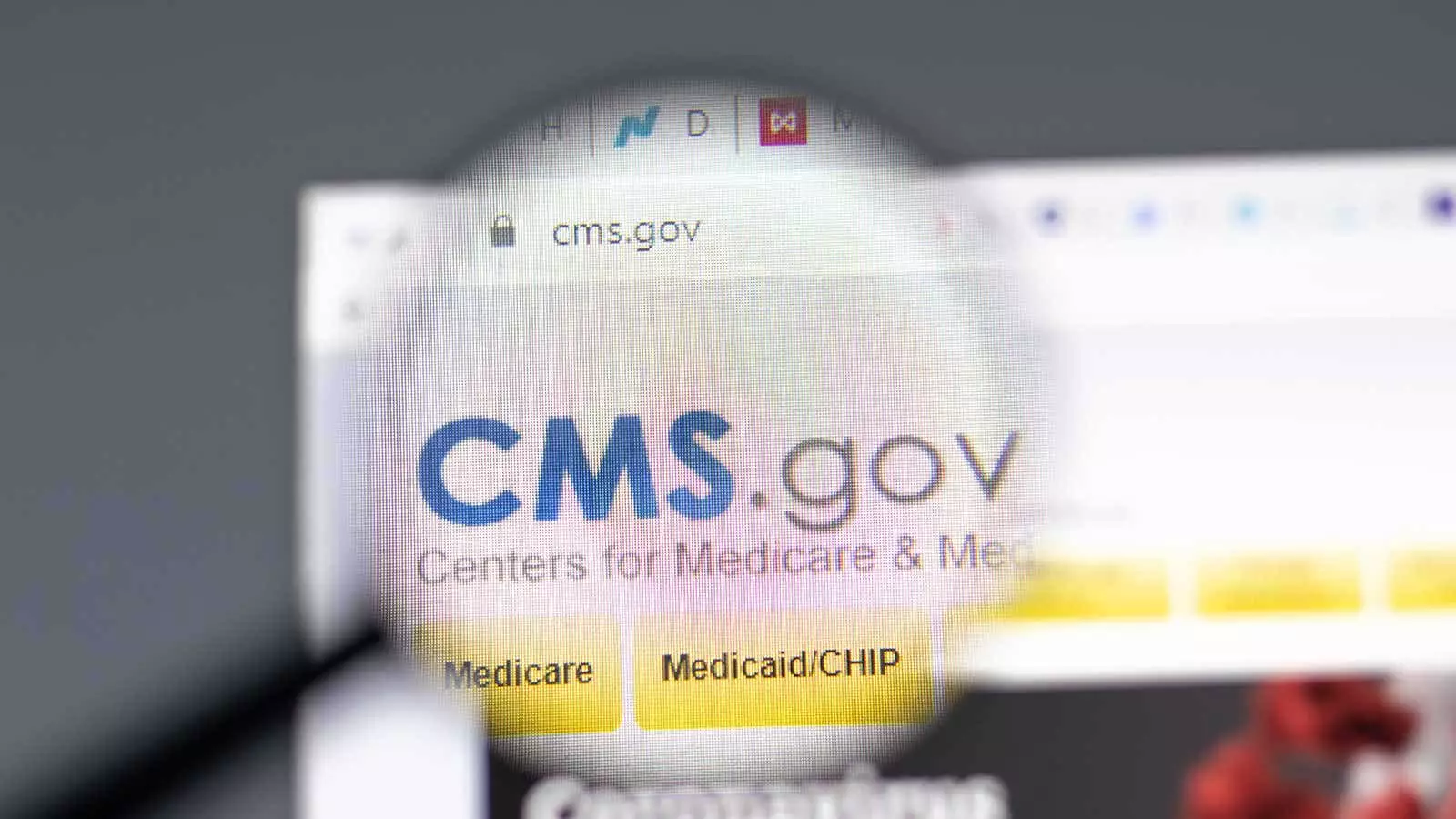The Centers for Medicare & Medicaid Services (CMS) has recently introduced a groundbreaking proposal aimed at reforming the complicated landscape of Medicare Advantage plans, specifically focusing on prior authorization protocols and coverage criteria. This initiative, backed by the Biden-Harris administration, is a crucial evolution in ensuring that seniors have unobstructed access to necessary healthcare. Through increased transparency and the empowerment of patients, this proposed rule could potentially reshape the way Medicare Advantage operates, fostering a more patient-centered framework.
Prior authorization has long been a contentious issue within the Medicare Advantage system, often perceived as a barrier that obstructs timely healthcare access. In a call to reporters, Dr. Meena Seshamani, Director of the Center for Medicare, noted that the data reveals a staggering statistic: around 80% of denials are overturned upon appeal. However, less than 4% of these denials are actually challenged by patients, indicating a significant gap in awareness and advocacy among beneficiaries. This imbalance suggests a system that not only requires reform but also necessitates patient education to encourage engagement in the appeals process.
The proposed regulation aims to rectify this by mandating Medicare Advantage plans to clearly delineate their prior authorization criteria and eligibility standards. By making this information publicly accessible, the CMS seeks to diminish confusion and uncertainty that often accompany the medical decision-making process. This transparency is integral not only to clarify pathways for treatment but also to bolster patient trust in their healthcare choices.
One of the cornerstone elements of the proposed rule is the obligation placed on Medicare Advantage plans to provide extensive details regarding their coverage criteria for medical services. This initiative is not merely about implementing regulatory measures; it also reflects a broader commitment to patient empowerment. By ensuring that beneficiaries are well-informed about their rights to appeal denials, CMS is laying the groundwork for more equitable healthcare navigation.
Dr. Seshamani emphasized the need for clarification around appeal rights, reinforcing the understanding that patients can contest unfavorable decisions made by their plans. Such measures could significantly enhance patient autonomy and encourage seniors to advocate for their health needs more vigorously. If more patients engage in the appeals process, the potential for increased access to necessary care is considerable.
Another significant aspect of the proposed rule is the attention given to provider directories within Medicare Advantage plans. Seniors often face a bewildering array of choices when selecting their healthcare coverage, making the availability of accurate and comprehensive provider information crucial. Recognizing this challenge, CMS has proposed that Medicare Advantage organizations submit their entire provider directories for integration into the Medicare Plan Finder tool.
This step would enable beneficiaries and their caregivers to effortlessly search for medical providers, facilitating informed choices that align with their specific healthcare needs. By streamlining access to accurate provider information, the proposed rule aims to eliminate the frustrations associated with navigating ‘ghost networks,’ where seniors struggle to find doctors willing to accept their insurance.
Support for the proposed regulation has emerged from various corners, including prominent legislators like Senator Ron Wyden (D-Ore.), who chairs the Senate Finance Committee. Wyden’s endorsement highlights the importance of this initiative in safeguarding the Medicare guarantee, addressing significant issues surrounding prior authorization and fraud within broker engagement. His comments underscore a collective recognition of the necessity for reform to protect the interests of seniors.
As the deadline for public comments on the proposed rule approaches, stakeholders are encouraged to lend their voices to this critical discourse. The forthcoming administration will bear the responsibility for deciding the trajectory of these proposed changes, a decision that could have profound implications for millions of Medicare beneficiaries.
The proposed changes to Medicare Advantage plans are emblematic of a broader vision to cultivate a healthcare system that prioritizes patient needs and transparency. By addressing prior authorization challenges and enhancing the clarity of coverage criteria, CMS is fostering an environment where individuals can make informed decisions about their healthcare. This reform embodies a significant step toward a more equitable and accessible healthcare landscape for America’s seniors, reinforcing the principle that access to timely and appropriate care is a fundamental right. The ongoing dialogue surrounding these proposals will be instrumental in shaping the future of Medicare Advantage—and ultimately, the health and well-being of seniors across the nation.


Leave a Reply